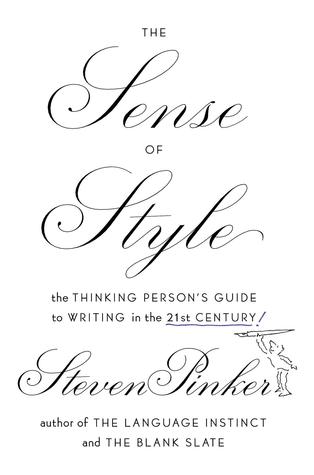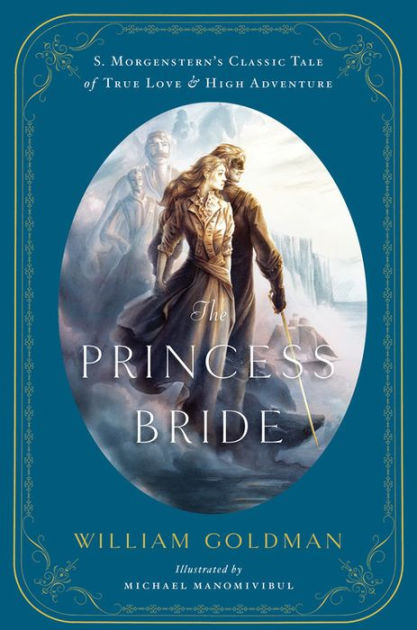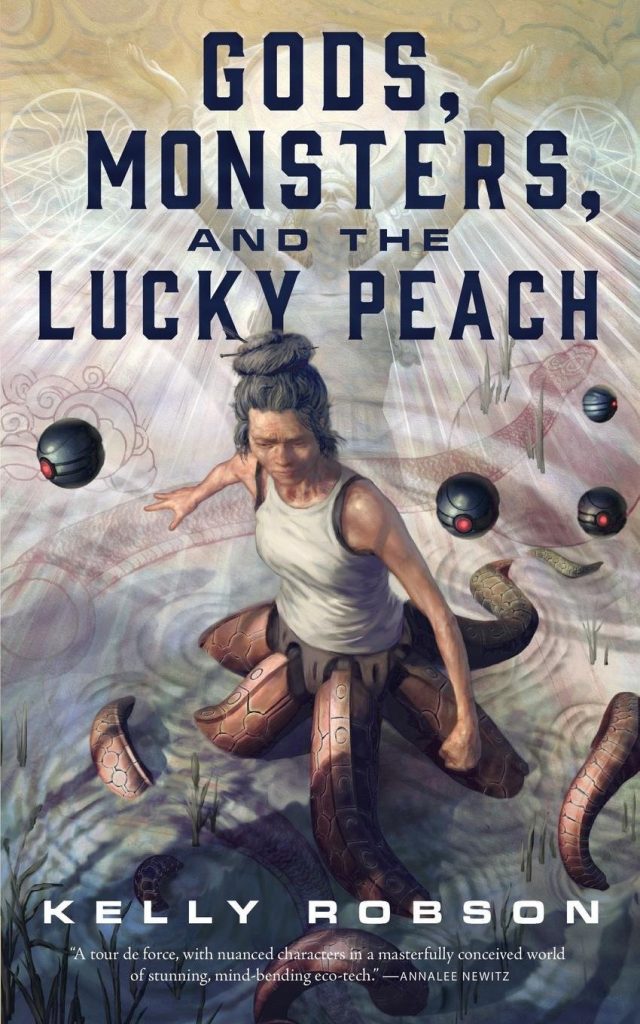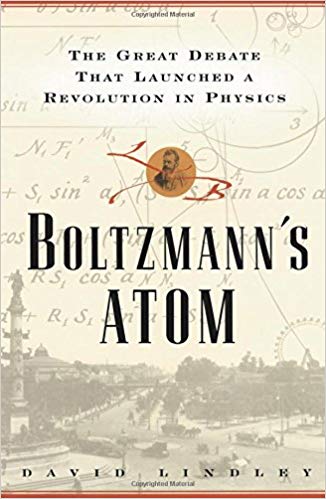
The goal of writing is to communicate. It’s as simple as that. If you can understand what I’m saying, that should be what matters. Of course, if I say it elegantly, that is a bonus as it makes reading a bit more enjoyable. But, if so-called rules get in the way of elegant prose, we should simply abandon them.
That is the essential message of The Sense of Style by Steven Pinker. This is a style guide for today. Pinker is a famous cognitive psychologist and linguist and he comes at style from that perspective. Do the rules that we learn in grammar school make any sense? Where did they come from? Do they really help make an English sentence or paragraph more intelligible? In many cases, Pinker concludes, the answer is no. Many rules were arbitrary edicts by almost random “authorities” who had no real reason to establish those rules. For example, the idea that you can split a verb with an adverb, the so called split infinitive, comes from the idea that English has to obey the same rules as Latin, an unrelated language.
I admit, The Sense of Style aligns well with my own perspective on writing. To me, the most important thing is the logic of the prose, not the faithfulness to these rules. I do want my writing to be entertaining and easy to follow, but I don’t want to be beholden to rules that make that task more difficult, not easier. The Sense of Style provides that kind of guidance. It is actually targeted more to people who write more technical or non-fiction works, such as scientists, but the lessons Pinker tries to impart are useful for any writer. In this sense, however, Pinker focuses on “classic writing” as a style to best convey information to the reader. “Classic writing, with its assumption of equality between writer and reader, makes the reader feel like a genius. Bad writing makes the reader feel like a dunce.” How often have we read something and felt like we weren’t smart enough to understand what the writer was trying to say?
Pinker takes aim at so-called language fundamentalist, the people who decry the death or the bastardization of the language, people who treat traditional rules of usage as the Ten Commandments: “as unerring laws chiseled in sapphire for mortals to obey or risk eternal damnation.” But, as Pinker points out, many of these rules have no sound logic or reason behind them. He goes after many of the tropes we learn in school — you can’t use an intensifier with certain words (like very unique), you can’t split the infinitive, you can’t have dangling modifiers, and never use the passive voice are just a few examples. But, beyond going after these rules, Pinker gives concrete advice on writing. Maybe the best advice is to be aware of and avoid the “curse of knowledge,” the fact that you, as a writer, have been thinking about your subject for so long, you may not realize what is obvious and what isn’t and fail to convey enough information to the reader to make your points clear and logical. “The ability to set aside something that you know but that someone else does not know is such a pervasive affliction of the human mind that psychologists keep discovering related versions of it and giving it new names.” “The better you know something, the less you remember about how hard it was to learn.” And, finally, “The curse of knowledge is the single best explanation I know of why good people write bad prose.”
From my perspective, the only weakness of The Sense of Style, and maybe it is more my own weakness, is that there are sections where, to really understand them, one needs a greater grasp of English grammar — the kind of knowledge that ones needs to diagram a sentence — than I possess. So, in some ways, it gets a little technical in the middle. The goal is to show how the logic of sentences are really crafted, and that is critical, but some of the descriptions are a bit too opaque for me. Maybe with more time to go through those sections and digest the content, it would be clearer.
However, these sections are made up for by very practical parts where Pinker goes through common “rules” and even misused words to really explain which rules and exhortations are based on sound thinking and which ones were arbitrarily made. My conclusion is that most fall in the latter category and can be safely ignored when writing, but Pinker is not shy in defending those that truly make writing better and have some grounding in the logic of the language. So, a lot of what Pinker advocates for is not rules of grammar, but rules of logic. He bases his arguments on how the human brain deals with words and concepts and how writing should minimize taxing that brain so that the reader achieves maximum comprehension. He emphasizes that coherence and logic in constructing sentences, paragraphs, and documents is critical to catch and keep the attention of the reader. “In other words, a writer has to have both something to talk about (the topic) and something to say (the point).”
Thus, The Sense of Style is also very practical, with examples of bad sentences and how to fix them. I’m tempted to buy this book for all of my postdocs, as I think the guidance is very good. My only hesitation stems from the bits I mentioned above, about diagraming sentences, but I expect that most foreign language speakers are better at this than native English speakers as it seems they learn this better. I think that a more abbreviated version of The Sense of Style would be an excellent idea, one that makes the points but a little more concisely and can be used as a reference. That said, I know of many scientists that could benefit from the advice contained in this book, myself included.
Let me end with a quote, where Pinker recalls an editorial that appeared in the New York Sun in the 1920s. The editors were responding to an effort to ban phrases like “different than X” in favor of “different from X,” the editors said “The excellent tribe of grammarians, the precisians who strive to be correct and correctors, have as much power to prohibit a single word or phrase as a gray squirrel has to put out Orion with a flicker of its tail.”



